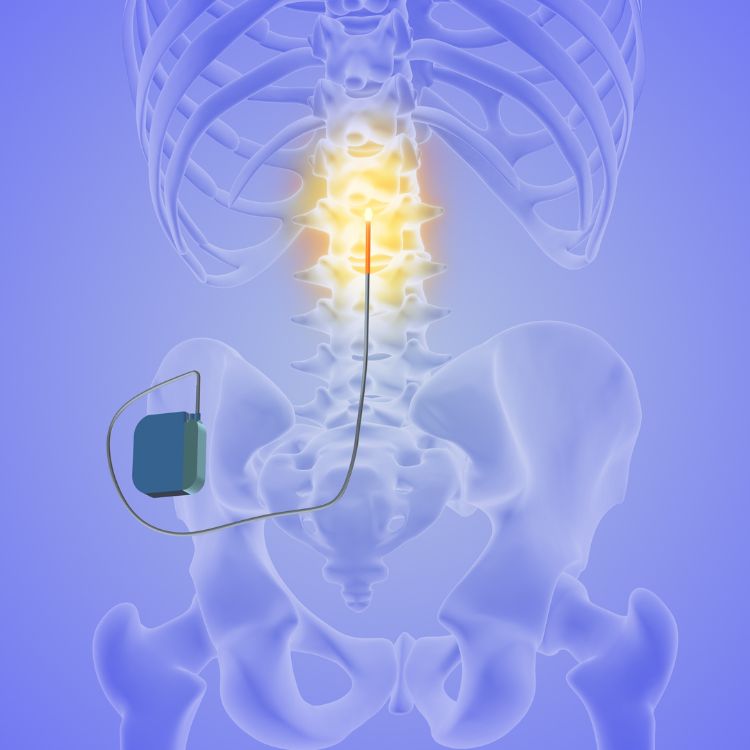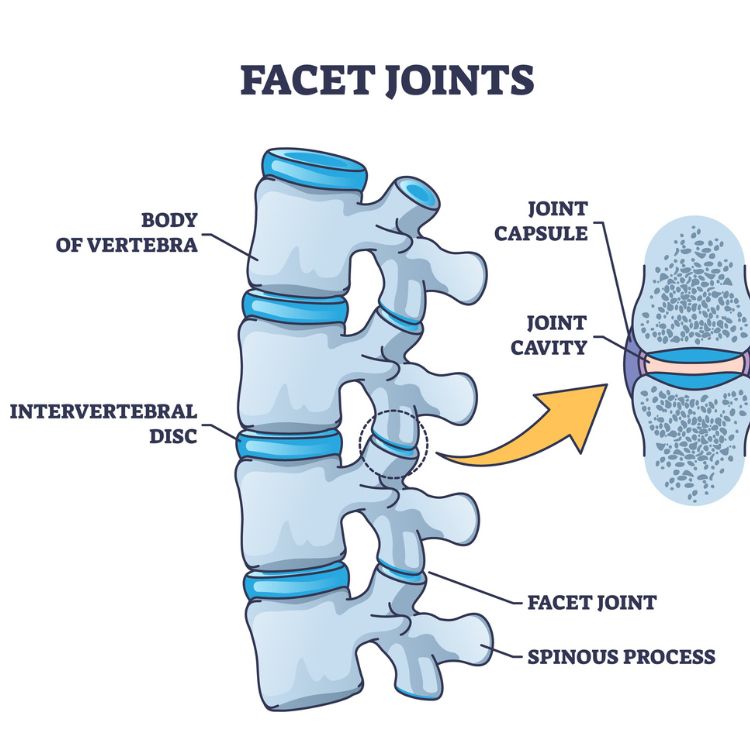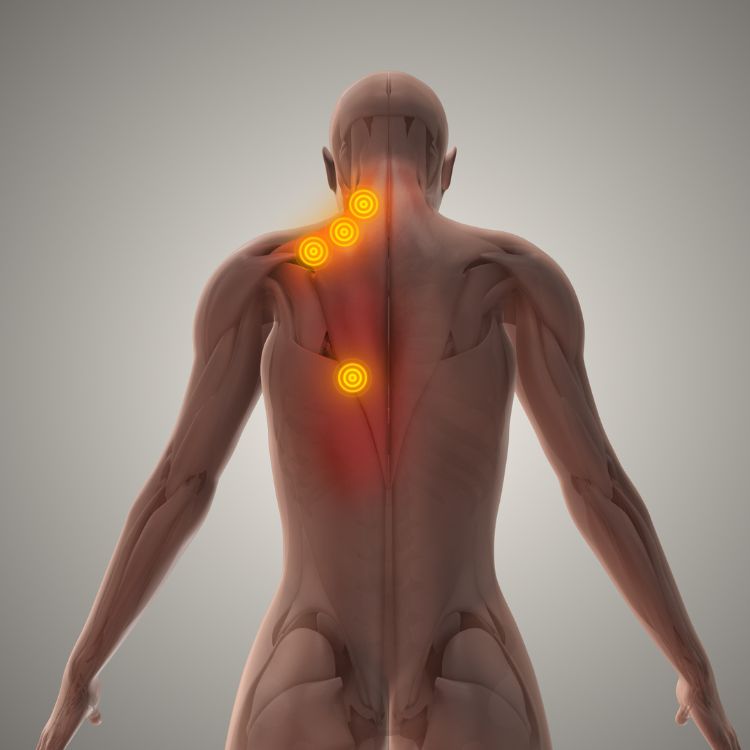Common Types of Post-Surgical Pain We Treat
Post-surgical pain may feel sharp, aching, burning, or throbbing, and it can stem from different sources depending on the type of procedure and your body’s response. We treat a wide range of post-surgical pain conditions, including:
- Nerve-related pain (neuropathic pain) following joint replacement, spinal surgery, or mastectomy
- Pain from scar tissue formation or adhesions
- Persistent inflammation at the surgical site
- Phantom limb pain after amputation
- Chronic post-surgical pain (CPSP) that lasts longer than 3–6 months
- Failed back surgery syndrome (FBSS)
If you’re still experiencing pain after the expected healing time, it’s important to seek evaluation. Early treatment can prevent acute pain from becoming chronic.
Personalized Treatment Options
Our providers use a comprehensive, evidence-based approach to manage post-surgical pain. Depending on your specific needs, we may recommend:
- Medications such as anti-inflammatories, nerve pain medications, or muscle relaxants
- Injection therapy, including nerve blocks, trigger point injections, or epidural steroid injections
- Spinal cord stimulation for nerve pain that doesn’t respond to other treatments
- Physical therapy referrals to rebuild strength and mobility
- Minimally invasive procedures to reduce scar tissue or decompress nerves
- Cognitive and behavioral support to help with the emotional effects of chronic pain
Our team works closely with your surgeon and primary care provider to coordinate your care and ensure a smooth recovery.
When to Seek Help
Pain is a normal part of healing, but it shouldn’t prevent you from sleeping, moving, or enjoying life. If your pain is:
- Severe or worsening
- Lasting longer than expected
- Not responding to medication
- Interfering with daily activities
It may be time to talk to a pain specialist.







